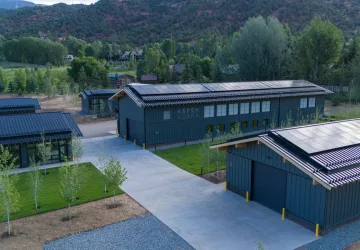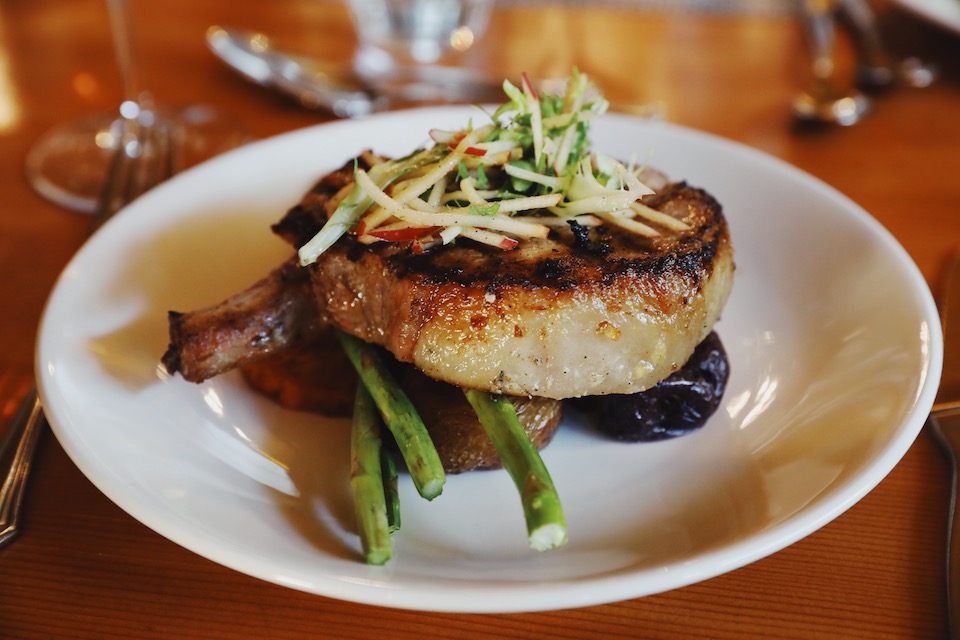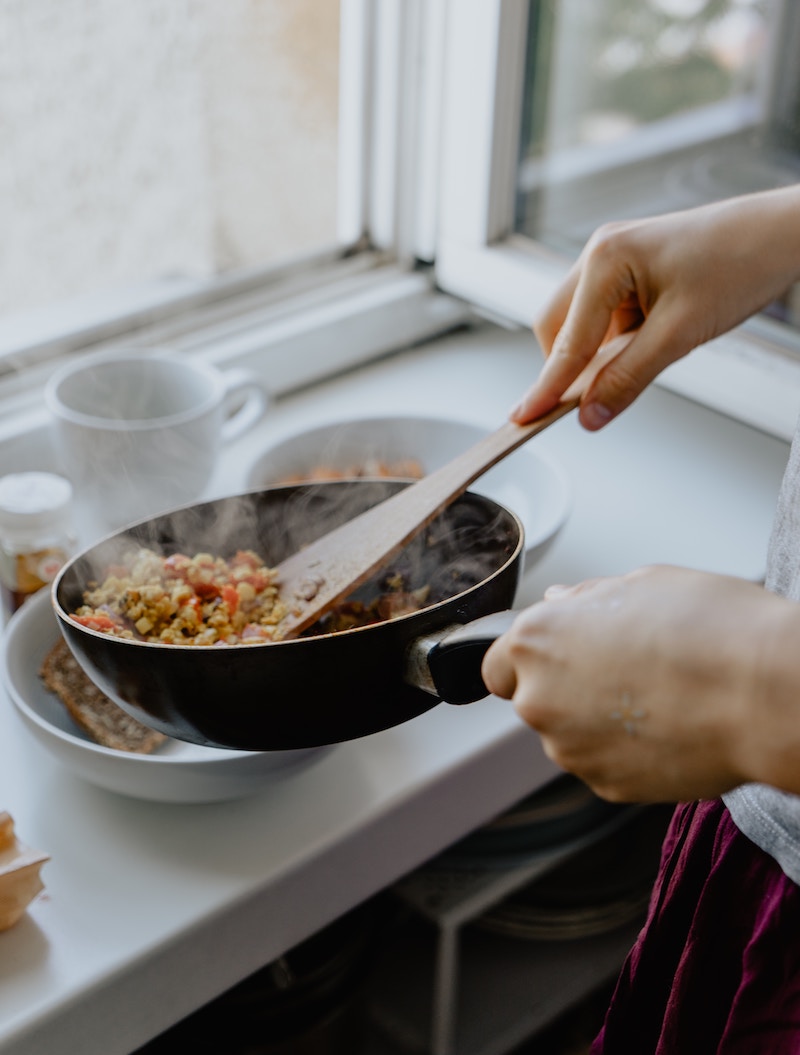My wife and I love to cook together and make special dishes for our friends and family.
Did you know that cooking fires are the number one cause of home fires? The leading cause is due to unattended cooking. It didn’t dawn on me how dangerous stepping away from the stove can be – even if it’s for just a few minutes – until I read some of the National Fire Protection Association’s (NFPA) startling statistics. As a new home owner, I was happy to partner with the NFPA and learn even more about fire prevention.
For nearly 100 years, the NFPA has sponsored the public observance of Fire Prevention Week (FPW) (October 7 th -13 th ) to help educate and remind people of all ages, races, and socioeconomic status about proper fire safety. This year’s Fire Prevention Week theme is “Look. Listen. Learn. Be aware. Fire can happen anywhere.”
Cooking safety
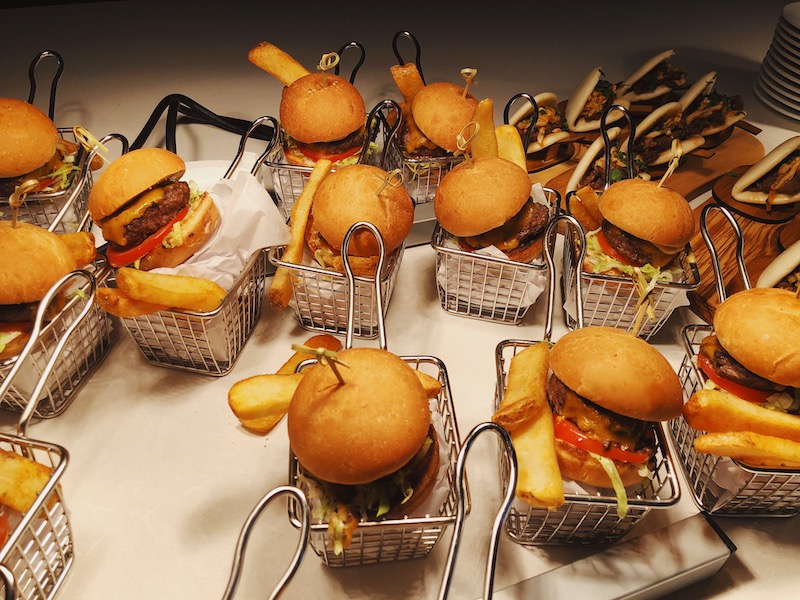
Since cooking related fires are one of the most common causes of home fires, and my wife and I love to cook, I figured it would be best to share with my readers what I’ve learned as far as safety in the kitchen goes.
Realistically, there are endless safety tips when it comes to the kitchen. Rather than cover them all, I decided to feature a few that I feel are most important, as well as a few that I started implementing myself.
- Keep anything that can catch fire away from the stove. Best practice is to keep the stove top clean at all times except for the pots and pans you are using to cook with. A common bad habit that I’m working on fixing is to not leave anything that can catch fire around the stove. This includes things like food packaging, towels, oven mitts, etc.
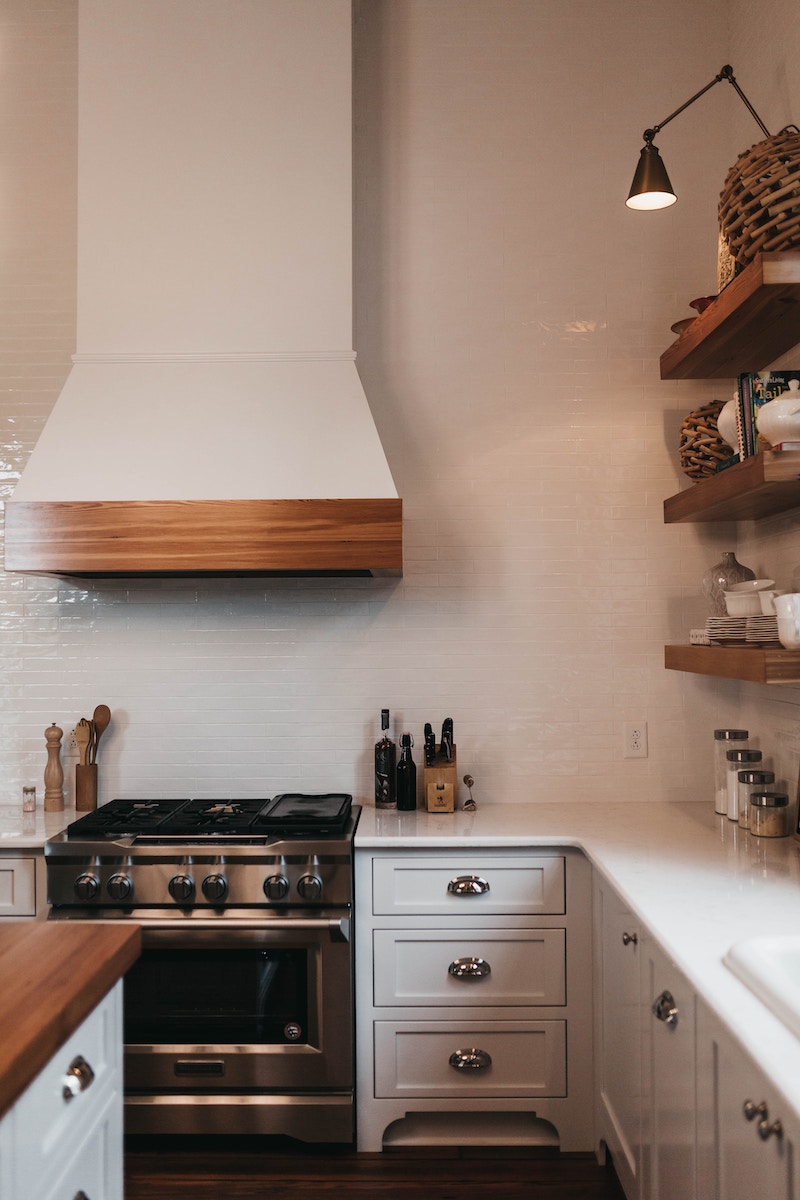
- Develop a kid-free cooking zone. This isn’t to say that it’s not fun and educational for your child to help out during cooking, actually quite the contrary. Take your family’s safety seriously by educating your little ones with proper kitchen/cooking safety from early on. Try setting up a 3-foot radius from the stove or any area where hot food or drink is being prepared and teach your little ones that that area is a no-no zone for their safety.
- Never leave the kitchen when you’re frying, boiling, grilling, or broiling food. If you must leave the kitchen (even for a short period of time) make sure you turn off the stove. Set a timer for your food. Believe it or not, a common cooking fire is when the person preparing the food forgets they had food on the stove or in the oven. This can be very dangerous, so always set a timer so you can be alerted when it’s done.
What to do if you have a cooking fire
Would you know what to do if a cooking fire occurred in your home? Don’t worry, you won’t be quizzed on this. I myself thought I did until I did a bit of research and was sadly mistaken. It’s one of those experiences that no one is really prepared to deal with unless A) it’s happened to them before, B) they’re a cook or a fire fighter, or C) they work for the NFPA.
In all seriousness, we all cook in some form or another, so knowing how to properly deal with a cooking fire is quite important. Here is what I learned from the National Fire Protection Association:
- Immediately leave your home and shut the door behind you. This will help you contain
the fire. - Call 9-1-1
- If the fire is coming from your oven, turn off the heat and keep the door closed
- Always keep a lid nearby when you’re cooking so you can smother small grease fires.
Immediately turn off the heat and keep the pan covered until it completely cools
I’m really happy to have been given this opportunity to collaborate with the National Fire Protection Association to help spread the word and educate my readers on fire safety. Fire Prevention Week is all about awareness to help keep those most important to you safe and sound.
I hope you’ve learned something useful in this article and would be willing to pass this on to your family and friends for them to receive the same benefit. To learn more about Fire Prevention Week and further your knowledge and fire safety, please pay a visit to my partner at NFPA www.nfpa.org.
This is a sponsored post written by me on behalf of the NFPA.
